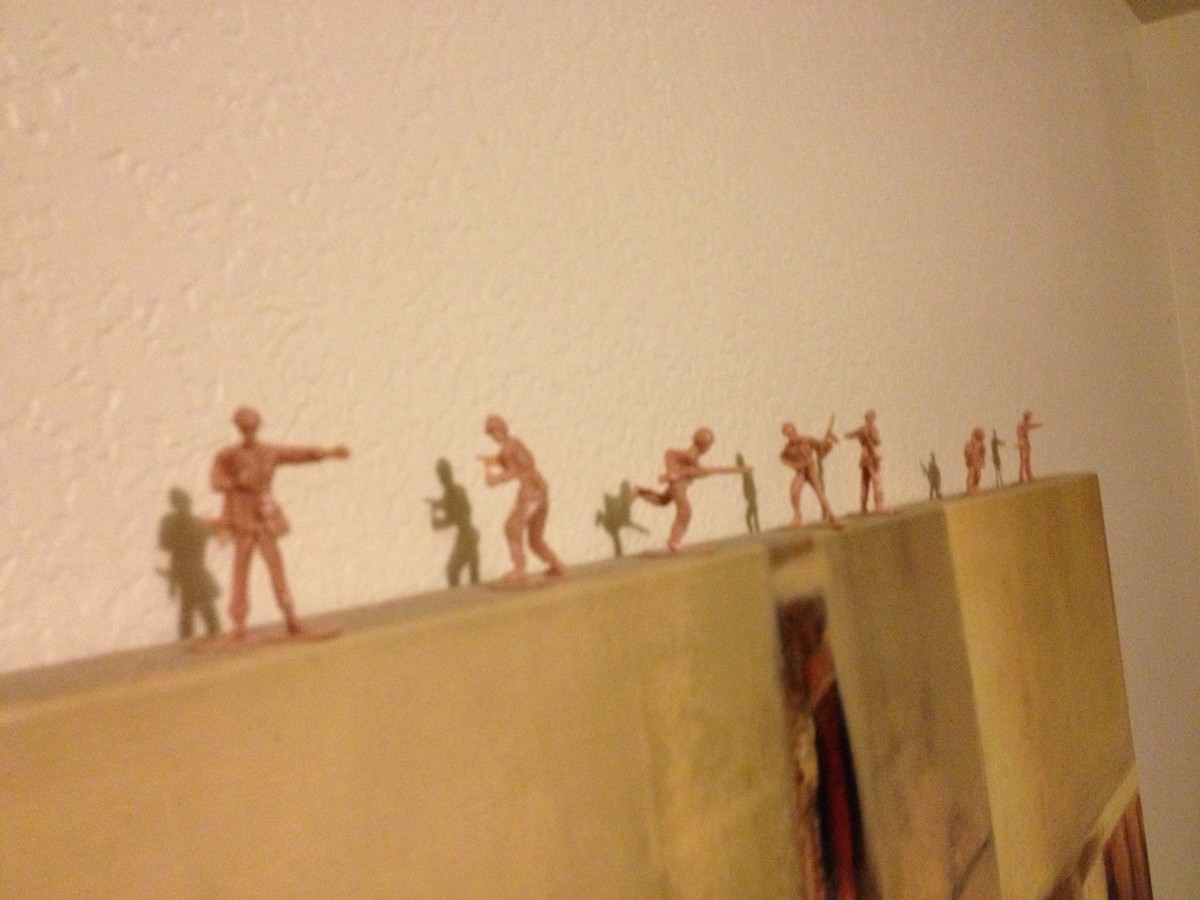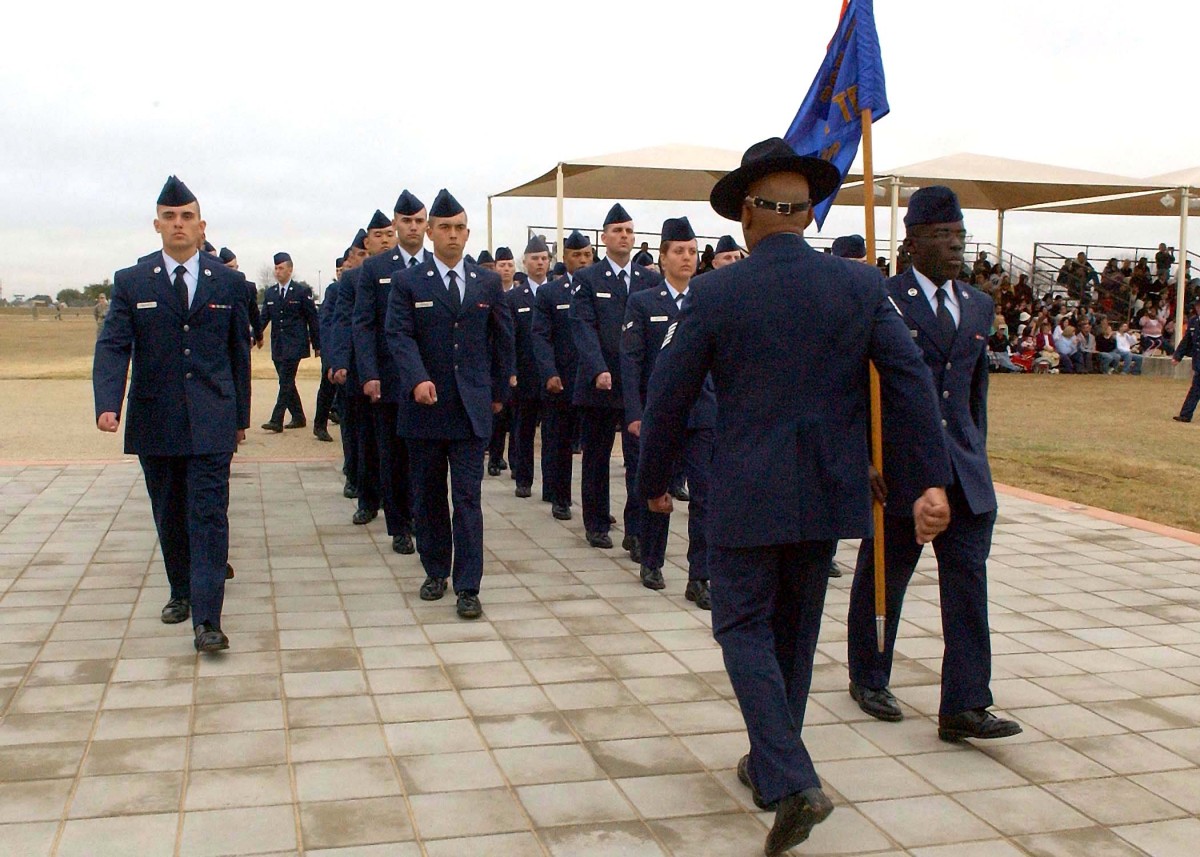Secondary Trauma is No Excuse
God Bless the Innocent
In the medical world, 'secondary trauma' is known to afflict the families of soldiers suffering from Post Traumatic Stress Disorder (PTSD), along with the ones who try to treat them. However, secondary trauma is not limited to the confines of the military.
Many professionals who work with individuals suffering from traumatic events must also deal with emotions and stresses of their jobs. Every day, social workers, mental health workers, jurors, journalists, and more face victims suffering from tragedies from scums of the earth.
Major Nidal Malik Hasan, accused of killing 11 comrades and 1 civilian, and injuring 32 others, was no stranger to the brutalities of war and it's affects. He was an Army psychiatrist, responsible to treat and provide help to soldiers returning from Iraq and Afghanistan; he was NOT supposed to kill them!
Recently researchers and practitioners acknowledged that people who work with or assist traumatized people, are indirectly, or secondarily at risk of developing identical symptoms as the victims of a traumatic event. Aspects of the trauma may be reenacted between the victim and the caregiver, which increase the risk of secondary trauma.
Those who work with traumatized people need an ongoing support system to deal with the intensity, reaction, and relationship to the victim. No survivor can recover alone, and no therapist can work with trauma alone.
But, could there be other reasons and factors that triggered Major Hasan's killing spree? It's been alleged he was harassed about his religious beliefs, and strong objections to the wars in Iraq and Afghanistan. And, it's been said that he was scheduled for deployment for a tour in these areas. Was this weighing heavily on Major Hasan's mind, or had he deviously planned this trail of blood? Did he hope to display his disgust for the Army and United States by making an indelible mark before he departed for his next tour of duty?
This man (and I use the term loosely) could have been moved by combat horror stories, or became traumatized by their events. However, psychiatrists are trained to notice their own reactions and emotions, and if Major Hasan was finding it hard to deal with, he should have turned to his peers for help and support. However, Major Hasan's record is not squeaky clean. He received a poor performance report while on duty at Walter Reed Hospital, and transfered to Fort Hood.
An assignment at Fort Hood is no walk in the park. This Army base is known to have the highest suicide rate of any U.S. Army base. The high suicidal rate is due to the trauma endured by many service men and women prior to being stationed at Fort Hood. Could Major Hasan's mind have been filled with demons that were set loose by the unlimited tales of horror available at Fort Hood?
I suspect there is much more involved with his demise. Perhaps his affiliation in the Islamic religion or hatred towards Americans were most prominent. Perhaps he never cared about the creed of the Army officer, and had no problems damning the position he was entrusted with.
No matter if his actions were due to a mental condition, religious belief, or personal vendetta, his soul should burn in Hell. Surely, God Almighty will not allow him entrance into the Kingdom of eternal life.
I pray for the families and loved one of the victims. They did not deserve these actions that so unfairly raped their very souls. God bless the ones that were taken, and protect the ones that remain.
Aging parents can be robbed of their independence.
- Personal Security Devices
The primary components of a home security system may include the following Personal Security Devices: wireless burglar/fire alarms, hidden spy cameras, personal defense weapons, and wireless medical alarms.








